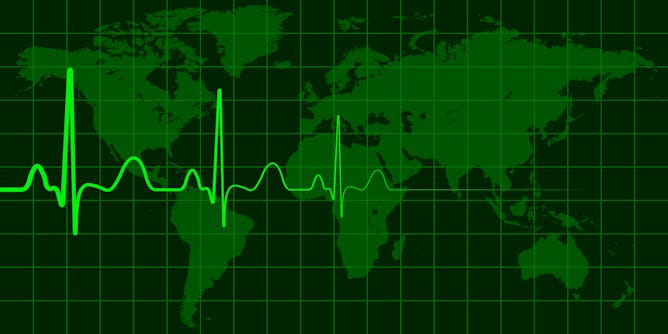
shutterstock.
C Raina MacIntyre, UNSW; Obijiofor Aginam, United Nations University
Timing is everything when it comes to making a decision about declaring a disease outbreak a public health emergency of international concern.
|
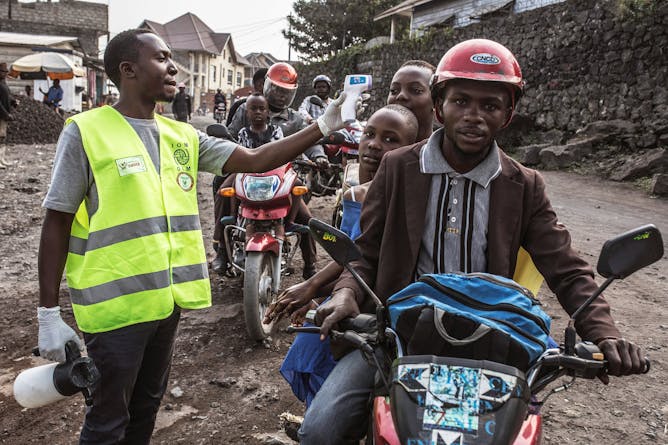
A health worker checks people’s temperatures in Goma, DRC.
Patricia Martinez/EPA-EFE
Abdhalah Ziraba, African Population and Health Research Center
Epidemics can have massive social ramifications where prohibitions are imposed on travel, socio-cultural events and schooling.
|
Politics + Society
|
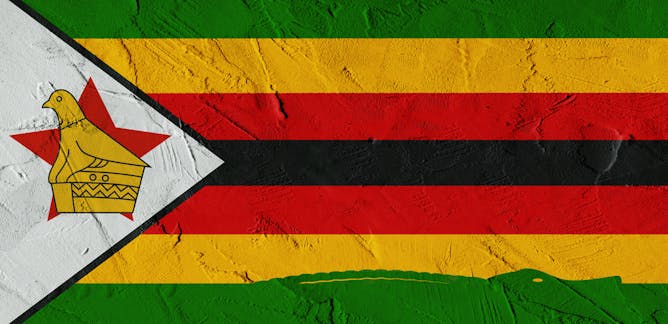
Brian Raftopoulos, University of the Free State
The Mnangagwa regime's coercive acts are a continuation of the violence and brutality of the Mugabe era, while he seeks global re-engagement and selective national dialogue.
| |
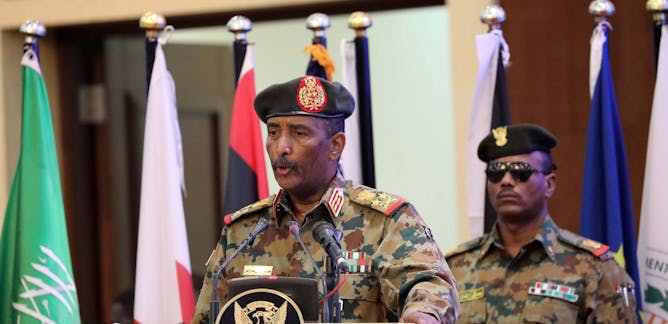
Femi Amao, University of Sussex
The African Union's role in Sudan's political crisis proves that it's legal framework is strong enough to resolve regional disputes
|
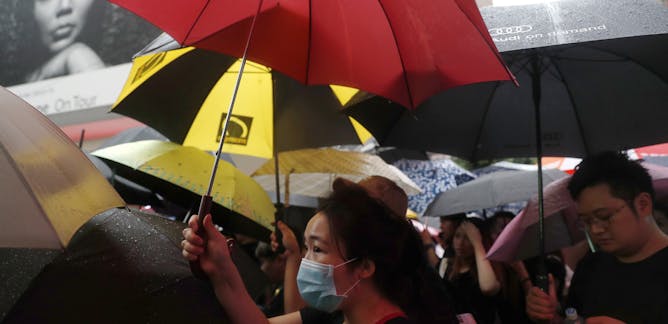
Malte Phillipp Kaeding, University of Surrey
Who are Hong Kong's protesters?
| |
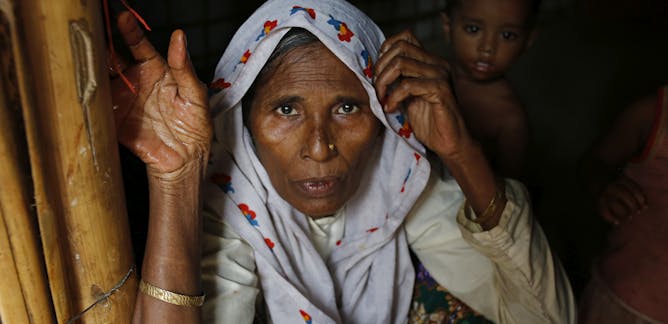
Abdullah Yusuf, University of Dundee
The current repatriation deal signed by Myanmar and Bangladesh fails to guarantee the safety and citizenship of the Rohingya people or address issues of justice for crimes perpetrated against them.
|
|
|
Environment + Energy
|
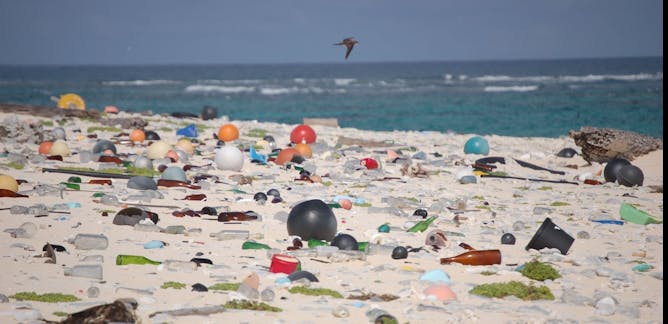
Ian Lambert, Edinburgh Napier University
Plastic washed ashore from the ocean is hard to recycle. What else can we do with it?
| |

Robert Hawkes, University of East Anglia
Conservationists have found a shortcut in the race to save Earth's threatened species.
|
|
|